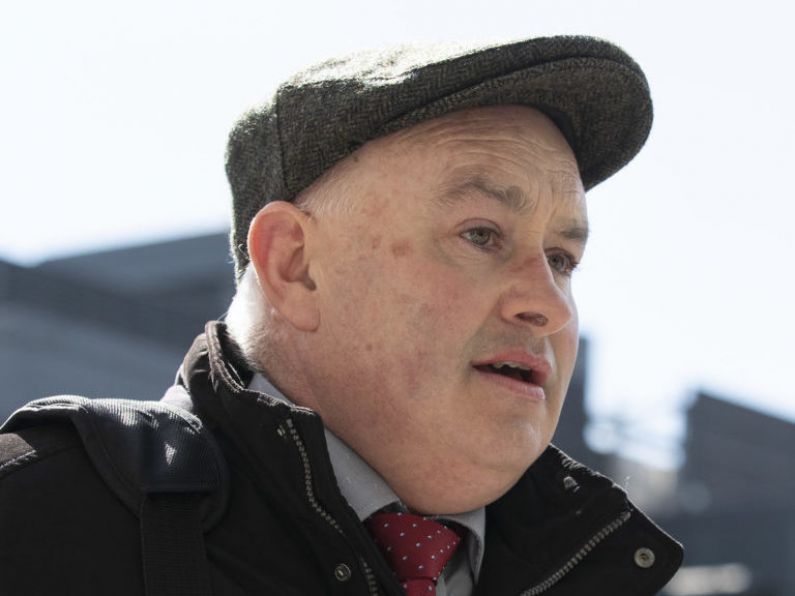The Supreme Court has made a decision today, on an appeal made by Tipperary farmer Patrick Quirke.
The appeal is in relation to his conviction for the murder of Bobby Ryan.
He was served a life-sentence four years ago for the murder of the DJ, also known as Mr. Moonlight.
In March, the Supreme Court ruled a warrant to search Patrick Quirke's computer was unlawful.
Judgement
The judgement on Mr.Quirke's appeal for a retrial has been rejected.
According to the Irish Examiner, the seven-judge court unanimously decided to dismiss the Tipperary farmer's appeal.
In March, the Supreme Court has agreed to hear arguments in May on the consequences flowing from its recent ruling in Co Tipperary farmer Patrick Quirke’s appeal against his conviction for the 2011 murder of Bobby Ryan.
The court ruled last week that a computer was unlawfully seized from Quirke’s home by gardaí.
The finding marked a significant win for Quirke (53) in his bid to overturn his 2019 conviction by a majority verdict of 10:2 for the murder of his alleged love rival. Quirke denied the murder charge.
Quirke’s trial was told the computer was used for internet searches on the rate of decomposition of human remains and the limitations of forensic DNA.
The Supreme Court found that while a computer could be lawfully seized for physical inspection, its use as a “portal into the digital world”, which involves a more significant intrusion into privacy rights, was unlawful as this was not sought in the sworn information seeking the warrant or authorised by the judge who issued the warrant.
While the court granted a declaration that the seizure of the computer was unlawful, it required further submissions regarding the effects of its ruling.
Mr Moonlight murder
Quirke’s 13-week trial at the Central Criminal Court was the longest murder trial in the history of the State. He pleaded not guilty to the murder of Mr Ryan, a part-time DJ going by the name of ‘Mr Moonlight’.
Quirke was arrested after Mr Ryan’s remains were found in a disused underground tank on a farm at Fawnagowan, owned by Mary Lowry on April 30th, 2013, almost two years after he went missing.
Mr Ryan had been in a relationship with Ms Lowry and was last seen alive as he left her home early on June 3rd, 2011. The prosecution argued at Quirke’s trial that circumstantial evidence validly established that he had murdered Mr Ryan.
It was contended that Quirke had staged the discovery of the body as he was about to give up his lease on the farm and feared he would be found out. The prosecution argued Quirke had murdered Mr Ryan so he could rekindle an affair with Ms Lowry.
Giving the Supreme Court’s ruling last week, Mr Justice Peter Charleton said gardaí obtained a warrant from the District Court to search Quirke’s home. Various computer devices were seized and searched on foot of the warrant.
In his appeal, Quirke’s lawyers argued that sworn information submitted to the District Court as part of the warrant application did not include any reference to electronic devices.
Mr Justice Charleton said a search of the computer’s contents was unlawful in the absence of sufficient judicial analysis prior to authorisation of the search.
This analysis could have been obtained through a “clear reference” to computer devices in the sworn information gardaí provided to the district judge and a sworn statement indicating why such a digital search might be reasonably needed.
Keep up to date with all the latest news on our website Beat102103.com.






